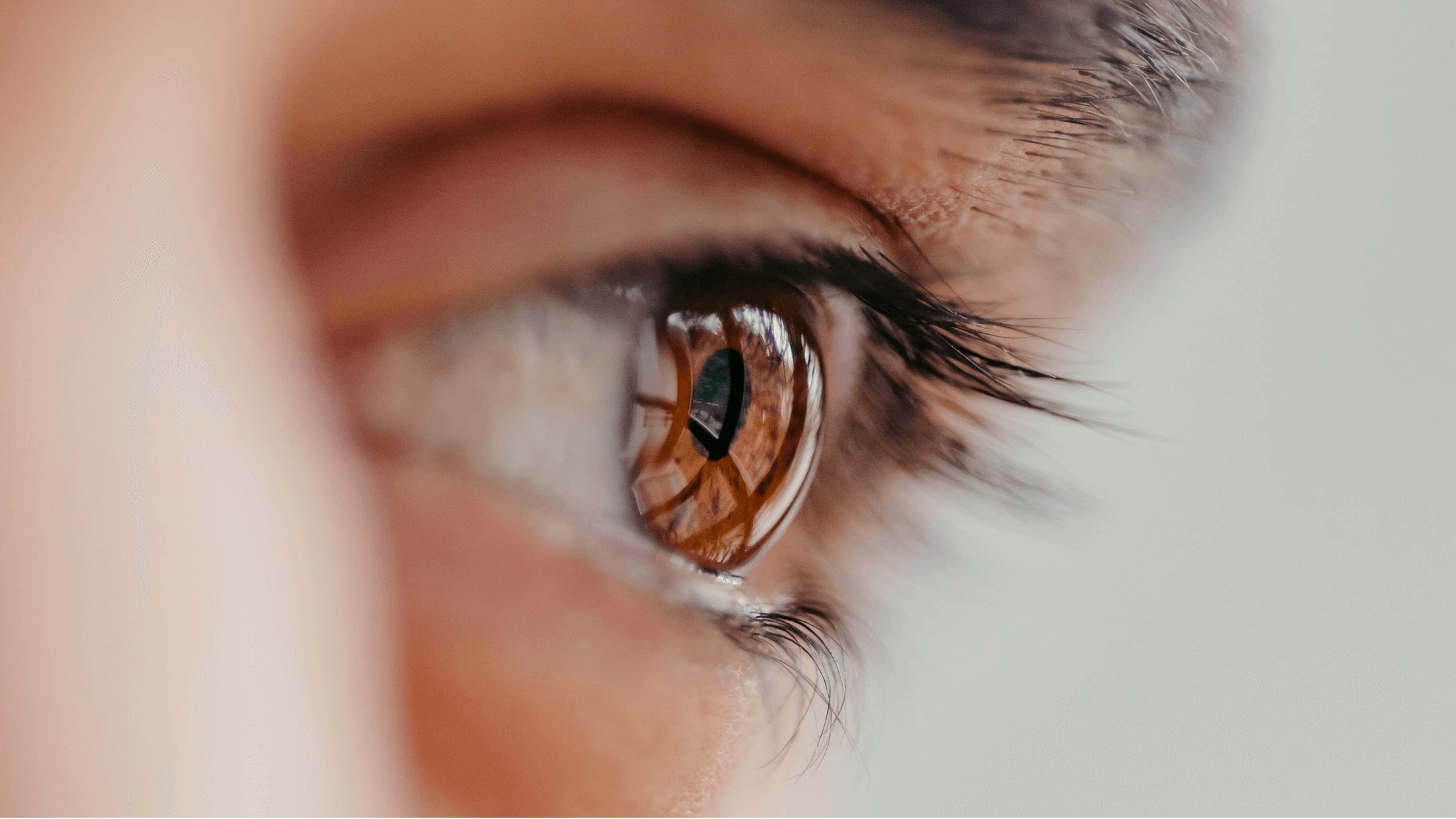PANS & PANDAS
PANS & PANDAS
PANS & PANDAS, restoring balance after infection
Pediatric Acute-onset Neuropsychiatric Syndrome (PANS) and Pediatric Autoimmune Neuropsychiatric Disorders Associated with Streptococcal infections (PANDAS) are conditions that cause sudden-onset psychiatric symptoms in children, often following an infection. PANDAS is specifically linked to a strep throat infection, while PANS can be triggered by a range of infections, including viruses, bacteria, and even environmental factors. Both conditions can lead to severe behavioral changes, including obsessive-compulsive disorder (OCD) symptoms, tics, anxiety, depression, and other neuropsychiatric symptoms.
The underlying cause of PANS and PANDAS is believed to be an immune response in which the body mistakenly targets the brain, leading to inflammation. This inflammation can disrupt normal brain function, causing both psychological and physical symptoms. At Modyfi, we take an integrative approach to treating PANS and PANDAS, addressing both the immune system’s role in these conditions and their emotional and neurological impacts. Through functional medicine, therapy, and nutritional support, we help restore balance and improve overall well-being, supporting both brain health and emotional regulation.hts, and improve their quality of life.


FAQs
PANS (Pediatric Acute-onset Neuropsychiatric Syndrome) and PANDAS (Pediatric Autoimmune Neuropsychiatric Disorders Associated with Streptococcal infections) are conditions in which children experience sudden-onset psychiatric symptoms, including OCD, anxiety, tics, and behavioral changes. PANDAS is specifically triggered by a streptococcal infection (like strep throat), while PANS can be triggered by a variety of infections or environmental factors.
Diagnosis of PANS and PANDAS typically involves a combination of clinical evaluation and lab tests. Medical providers look for sudden-onset psychiatric symptoms that cannot be explained by other conditions. For PANDAS, a recent strep infection is often confirmed through a throat culture or antibody testing. In both cases, ruling out other medical or psychiatric conditions is a key part of the diagnostic process.
Symptoms of both PANS and PANDAS can include obsessive-compulsive disorder (OCD), severe anxiety, tics, motor abnormalities, eating restrictions, mood swings, regression in academic or social behavior, and changes in sleep patterns. The symptoms can develop abruptly and worsen quickly, making it crucial to seek medical attention for proper diagnosis and treatment.
Infections can trigger an autoimmune response where the body’s immune system mistakenly attacks its own tissues, particularly in the brain. In PANDAS, this response is specifically linked to a streptococcal infection, while PANS can be triggered by various infections, including viral or bacterial pathogens. The resulting brain inflammation disrupts normal function, leading to psychiatric symptoms.
Treatment typically includes addressing the underlying infection, if present, with antibiotics or antiviral medications. Anti-inflammatory treatments, such as corticosteroids, can help reduce brain inflammation. In addition, cognitive-behavioral therapy (CBT) and supportive therapy are often recommended to help manage symptoms. Functional medicine approaches, including immune system modulation, nutrition, and supplementation, can also support recovery by targeting immune function and promoting brain health.
While PANS and PANDAS are treatable, recovery can vary from child to child. For some, early treatment and immune system support lead to a full recovery. For others, managing symptoms through ongoing therapy, medication, and immune system support is necessary. It’s important to have an individualized treatment plan that addresses both the immediate symptoms and any long-term effects.
Therapy plays a crucial role in helping children cope with the psychiatric symptoms of PANS and PANDAS, such as anxiety, OCD, and emotional dysregulation. Cognitive-behavioral therapy (CBT) is especially helpful in treating OCD and anxiety symptoms. In addition, supportive therapies like family therapy and behavior management can help children and families adjust to the challenges these conditions bring.
Functional medicine takes a holistic approach by addressing the root causes of PANS and PANDAS. This may include immune system modulation, nutritional support, and detoxification to reduce inflammation and promote brain health. Functional medicine also focuses on improving gut health and reducing the overall inflammatory load in the body, which can support recovery and symptom management.
The long-term effects of PANS and PANDAS can vary. While some children recover fully with early treatment, others may experience ongoing symptoms, including OCD, anxiety, and emotional instability. In severe cases, the condition can lead to developmental regression or long-term neuropsychiatric challenges. Early intervention is key to minimizing these effects and supporting long-term well-being
At Modyfi, we take an integrative approach to treating PANS and PANDAS by combining medical treatments with therapy, functional medicine, and nutritional support. We address both the physical aspects of the condition, such as inflammation and immune function, and the emotional and psychiatric symptoms through therapeutic interventions. This holistic approach helps children recover more effectively and return to a healthy, balanced life.










